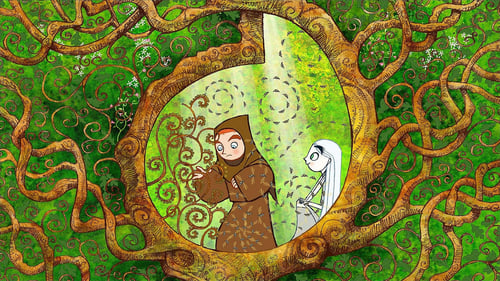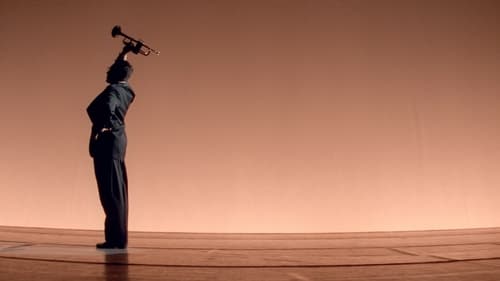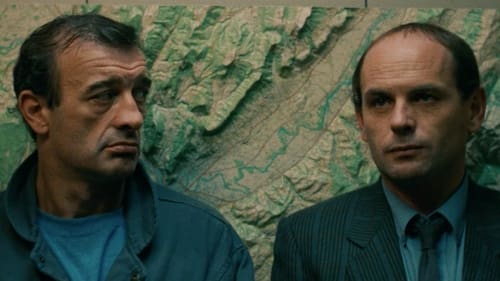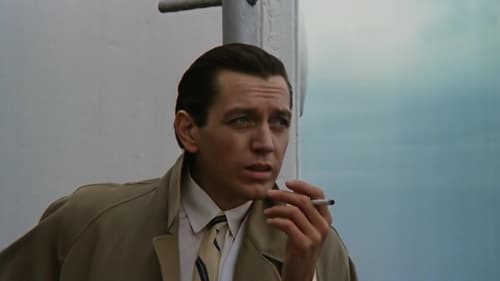
Thanks
9世紀のアイルランド。スコットランドの島から高名な修道士エイダンが、「聖なる書」を携えてやって来る。エイダンは、少年の修道士であるブレンダンにインクの原料となる植物の実を採ってきてほしいと依頼。ブレンダンは、妖精の少女アシュリンの協力もあり、危険な森で何とか実を採取する。するとエイダンは、ブレンダンに本の続きを書くように頼み……。

Self
A second-class horror movie has to be shown at Cannes Film Festival, but, before each screening, the projectionist is killed by a mysterious fellow, with hammer and sickle, just as it happens in the film to be shown.

Executive Producer
In a routine look at what it means to finally leave adolescence behind — even in one’s mature years — this series of mood swings and sequences focuses on two grown men. Francois (Jean Francois Stevenin, the director) and Leo (Yves Alonso) are old friends, and at one point they decide to go out and search for one of their childhood buddies, the brunt of several of their practical jokes. In true form, the men opt for playing yet another practical joke on their friend, but their plans backfire when his wife Helene (Carole Bouquet) comes into the picture instead. Her presence forces them to reconsider their shenanigans in a new light.

Producer
Set amid the European community in an unspecified North African country, a colony on the verge of nationalism just before the war. And colonized is what happens to a French diplomat, Julien Rochelle, when he meets the mysterious beauty Clothilde de Watteville. Schmid 's favorite axiom, that love is projection, never had such a thorough airing. Is Clothilde really the wife of a French official now holed up in Siberia? Or is she Hecate, goddess of black magic and devourer of the Arab boys she meets far from the European quarter? Only our projections know for sure; for the rest, she is a "woman looking out into the night." Drawn from a novel by Paul Morand, who based the main character on his wife Helene, Schmid's film achieves an atmosphere of magic in which psychological credibility is not so much absent as irrelevant-a film that distances itself from the drama it invokes, perhaps as the elusive Clothilde turns her back on the madness she provokes.

Producer
In this routine drama, two men (a crass Brit and a slow Frenchman) decide to evade the war in 1917, but their flight on a stolen boat goes awry and they end up on the coast of France, close to the fighting they wanted to leave behind. Once on shore, they make the acquaintance of a like-minded young widow who begins an affair with both men (she just wants to have a child by each) -- but their unusually idyllic existence is threatened with imminent tragedy as the French army advances ever closer.

Associate Producer
Although there are women in the lives of the three main protagonists -- a middle-aged architect, his construction designer, and a journalist -- the women are not as crucial to the men's search for an identity as the title might suggest. When the three men run into a former professor of the architect and designer, they are inspired by his fanfare and expansive nature. Still in search of solutions to their particular problems, the men head out to visit the professor and get to the bottom of their own issues. Unfortunately, the professor turns out to be more "loco" than otherwise, and the three men watch their hopes burst like a popped balloon -- it seems like their ability to assess human character should now be added to their list of problem spots.





